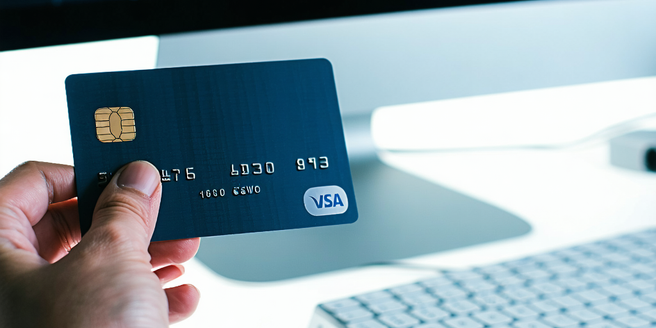
Understanding the Anatomy of Sweepstakes Scams
Sweepstakes scams often prey on individuals’ hopes of winning big prizes through deceptive means. These scams usually start with unsolicited messages claiming the recipient has won a prize, requiring personal information or payment to claim it. Scammers use official-sounding language and fabricated seals of authenticity to appear legitimate. Often, they create a sense of urgency to prompt hasty decisions. Understanding these tactics is crucial in identifying scams. A legitimate sweepstakes will never ask for payment upfront or personal information when announcing a win. Recognizing these characteristics can help in discerning real opportunities from fraudulent ones.
Common Red Flags to Watch For
Being able to identify red flags in sweepstakes offers can save you from falling victim to a scam. Common warning signs include unsolicited notifications, requests for upfront fees, or pressing urgency. The key is to remain vigilant and question anything that seems out of the ordinary. Scammers often use email or phone calls insisting on immediate action before a prize can be claimed. They may also ask for sensitive information or payment through unconventional methods like wire transfers or gift cards. Legitimate sweepstakes won’t charge fees or request sensitive information. Ensuring you independently verify the provided information and resist high-pressure tactics can help protect you from fraudulent activities.
Effective Verification Techniques
Verifying the legitimacy of a sweepstakes offer is crucial in avoiding scams. Begin by researching the company or organization mentioned. Check for official websites and verified contact information to confirm authenticity. Cross-reference any details from the notification with known information about the company. When in doubt, contact them directly using official contact details, not those provided in the suspicious message. Additionally, consult trusted sources or consumer protection agencies to verify the legitimacy of the offer. Always remember, a legitimate sweepstakes doesn’t require payment to claim a prize, and using these verification techniques will help ensure your safety.
How to Secure Your Personal Information
Securing your personal information is vital in protecting yourself against sweepstakes scams. Be cautious about sharing personal details online or over the phone, especially if unsolicited. Utilize strong, unique passwords for online accounts and enable two-factor authentication where possible. Regularly monitor bank statements and credit reports for unauthorized activities, and consider using a reputable identity theft protection service. If you are contacted regarding a sweepstakes, do not provide personal information unless you’ve verified its legitimacy independently. Remember, legitimate organizations will never pressure you into giving your details immediately. Educating yourself about data security practices will provide an additional layer of defense against potential threats.
Steps to Take if You’ve Been Scammed
If you realize you’ve fallen victim to a sweepstakes scam, immediate action is necessary. First, cease any communication with the scammer to prevent further information leaks. Document all interactions meticulously, including emails and caller information. It’s important to act swiftly to limit any potential damage. Contact your bank or credit card company to halt unauthorized transactions and secure your accounts. Report the incident to appropriate authorities like the Federal Trade Commission (FTC) and potentially the local police. Consider placing fraud alerts on your credit records to prevent further misuse. Lastly, share your experience with others to raise awareness and possibly prevent further occurrences.
Resources and Organizations That Can Help
A number of resources and organizations are available to provide assistance if you’ve encountered a sweepstakes scam. The Federal Trade Commission (FTC) offers guidance and the ability to report scams. Additionally, the Better Business Bureau (BBB) provides information on businesses, including customer reviews and complaints. The Consumer Financial Protection Bureau (CFPB) is another valuable resource for reporting deceptive practices. Besides, non-profit organizations like the Identity Theft Resource Center offer support and counseling if personal information has been compromised. Utilizing these resources aids in both the recovery process and enhancing your educational understanding to prevent future scams.
